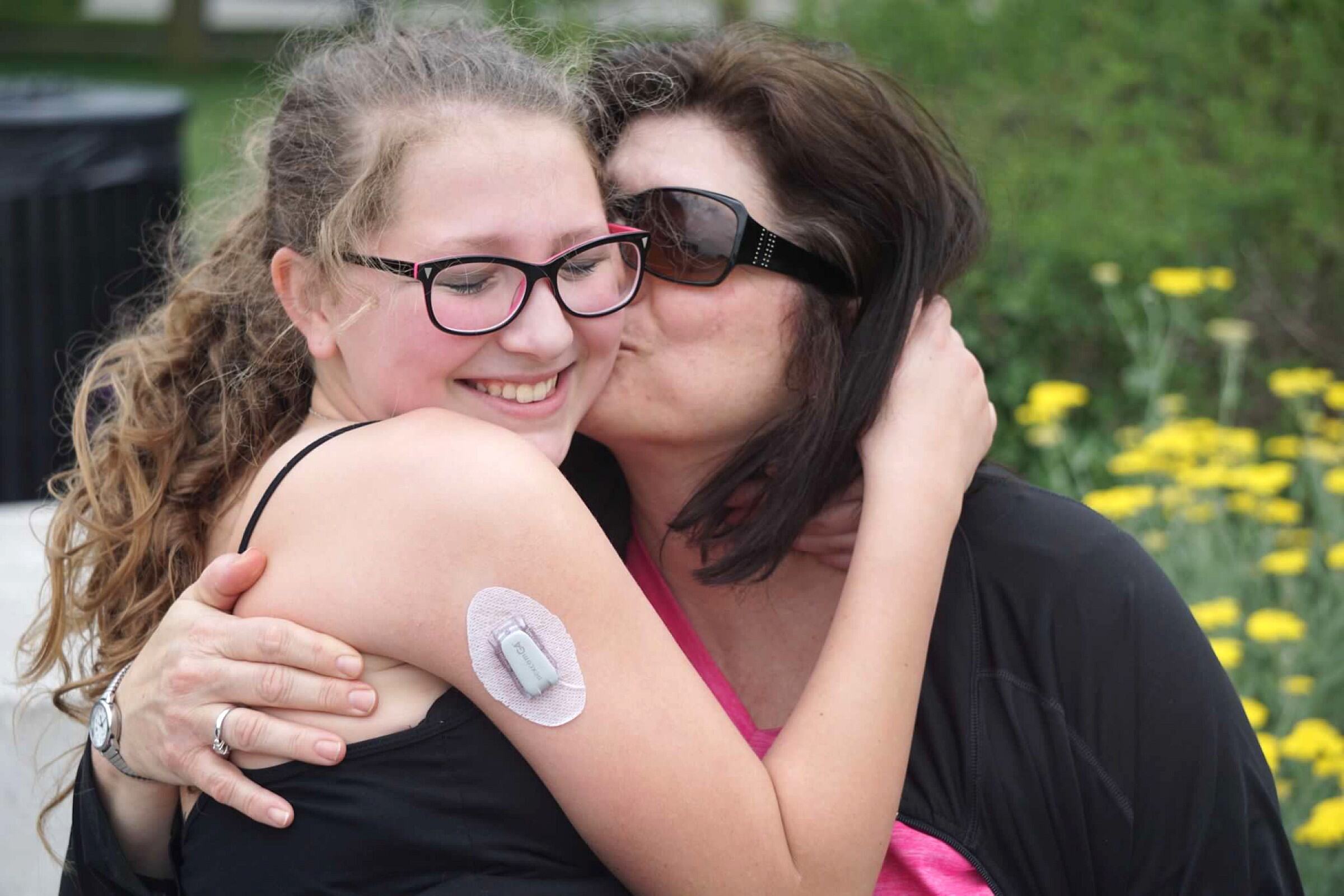
Our Commitment, Our Promise
Drugs and Devices for Glucose Control
- Novel insulins, e.g., glucose-responsive, ultra-rapid, and liver-targeted;
- Adjunctive therapies in addition to insulin that make it easier to live with T1D, e.g., SGLT inhibitors, insulin and pramlintide co-formulations, and others; and
- Smaller, easier to wear insulin pumps and continuous glucose monitors with improved algorithms that shoulder more of the burden of T1D.
Improving Quality of Life: Complications and Behavioral Health
For many, T1D leaves a physical and emotional toll. Long-term complications are a reality for many, and mental health issues disproportionately affect people with T1D. JDRF is focused on both long-term complications and psychosocial and behavioral health with the goal of arresting complications earlier in their development and establishing behavioral health interventions that help people with T1D do better.
Learn more about our work in this area.
Sign up for our monthly Research Newsletter, The Pipeline, to stay up to date on the latest and greatest in T1D science.
By clicking Sign Up, I agree to the JDRF Privacy Policy. I also agree to receive emails from JDRF and I understand that I may opt out of JDRF subscriptions at any time.